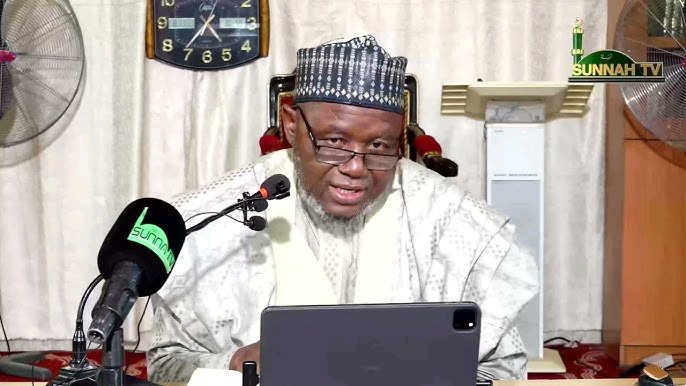During an interview on Trust TV from 04:03, public affairs analyst Dr. Ibrahim Saleh raised concerns about the country’s rising debt profile and its effect on ordinary citizens.
Dr. Saleh explained that the national debt has reached a point where its weight can be understood only when broken down to the individual level. He said the figures often appear abstract until compared with what the average Nigerian earns or can afford in daily life.
According to him, a simple calculation offers a clearer picture of the burden placed on the population. He noted that dividing the total debt by the country’s estimated population reveals an obligation that many citizens would struggle to understand, let alone repay.
“I calculated simply: if the debt is shared among 230 million people, each person is indebted to about ₦660,000, ask someone in a village how they would pay that,” he said, stressing how unrealistic such a figure is for people who already struggle with basic needs.
He added that this breakdown helps illustrate how borrowing decisions at the federal level eventually filter down to individuals who have little control over economic planning or government spending.
Dr. Saleh pointed out that the contrast between official statements and the realities faced by citizens remains a major source of public frustration. Many, he said, are unable to reconcile the heavy debt burden with the limited improvements in essential services.
He referenced earlier discussions about transparency and the need for government to demonstrate clear accountability when debts are incurred. According to him, the public wants to see how the loans translate into development that directly affects their day-to-day lives.
The analyst noted that the burden becomes even more pronounced when viewed against persistent challenges such as rising living costs, insecurity, and the lack of adequate social services across several regions.
He emphasized that breaking down the figures in this manner is not meant to alarm citizens but to highlight the importance of effective management, especially at a time when many households have reached their limits.
Dr. Saleh concluded that the ongoing conversation about debt sustainability cannot be separated from the lived experiences of people across the country, particularly those in rural communities who feel the impact most sharply. View, More,
Explore More News By Using The Button.

